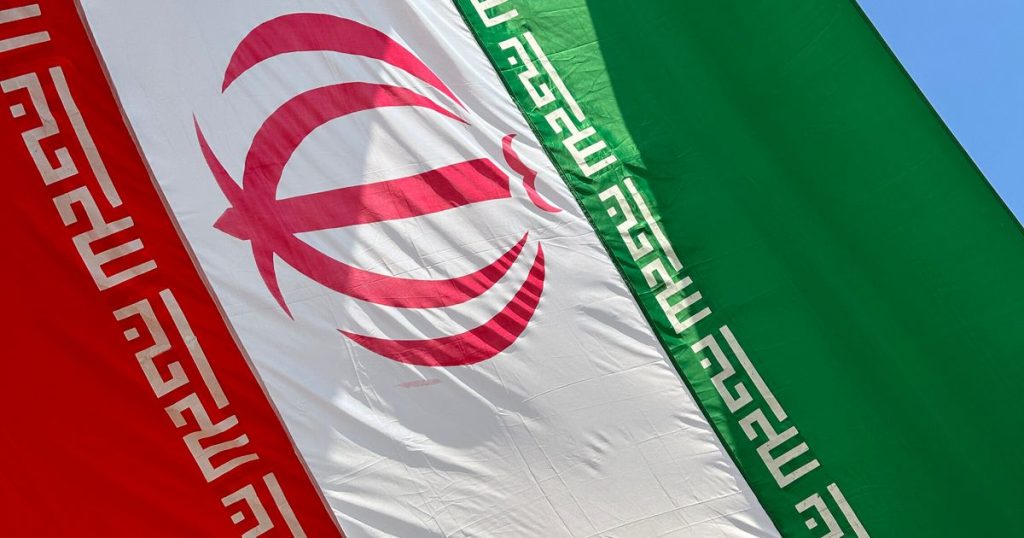In the early hours of Friday morning, Iran fired air defense batteries near a major air base in Isfahan, leading to concerns about a possible Israeli strike in response to Tehran’s recent drone-and-missile attack on the country. The situation remained uncertain as no Iranian officials directly confirmed an attack, and Israel’s military made no comments. Tensions had been mounting since the assault on Israel and ongoing conflicts in the region, including Iran’s involvement in Syria and Israel’s actions against Hamas in Gaza.
Reports suggested that Iran’s air defenses fired in multiple provinces, with particular focus on Isfahan, where a major air base is located. Isfahan is home to Iran’s fleet of American F-14 Tomcats and has sites related to the country’s nuclear program, including the Natanz enrichment site that has been targeted in the past. While no specific cause was given for the air defense activity, state television mentioned a “loud noise” in the area and assured that all sites were safe. Commercial flights in Tehran and other regions were grounded as a precautionary measure following the incidents.
Emirates and FlyDubai, two Dubai-based carriers, diverted flights around western Iran early in the morning, indicating possible airspace closures. Iranian authorities later confirmed the grounding of commercial flights in Tehran and surrounding areas, with reports of loudspeakers at Imam Khomeini International Airport informing passengers about the situation. Iranian state television also issued alerts regarding the “loud noise” near Isfahan, without providing detailed information. In a separate statement, a spokesperson for Iran’s civilian space program mentioned the downing of several small drones.
In Iraq, where Iranian-backed militias are active, residents in Baghdad reported hearing explosion sounds, further adding to the uncertainty in the region. The source of these noises was not immediately identified, but the situation raised concerns about potential escalations in the ongoing conflicts. The developments in Iran and neighboring countries highlighted the fragile security situation in the region, with tensions between Iran and Israel remaining high. The incident near Isfahan underscored the ongoing geopolitical challenges and the risk of military confrontations in the Middle East.
As the situation continued to unfold, additional information and updates were expected to clarify the events that transpired in Isfahan and other affected areas. The involvement of drones and air defense systems indicated a heightened state of alert and preparedness among military and security forces in Iran. The potential implications of these incidents on regional stability and international relations remained a topic of concern for observers and analysts monitoring the situation. The possibility of further escalations or retaliatory actions from various parties added to the complexities of the already volatile conflict dynamics in the Middle East.


